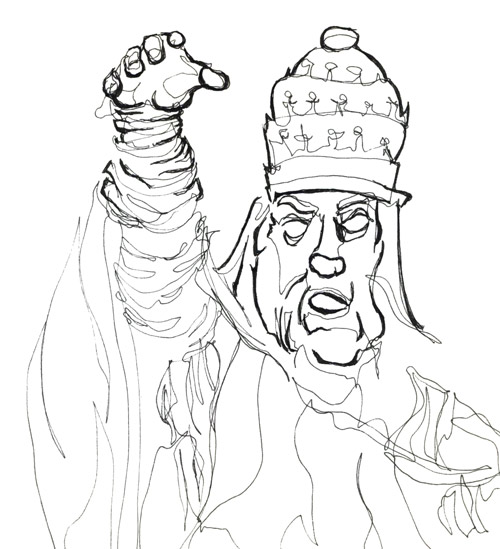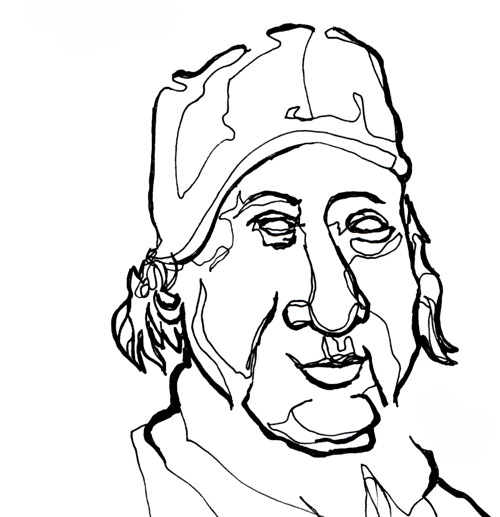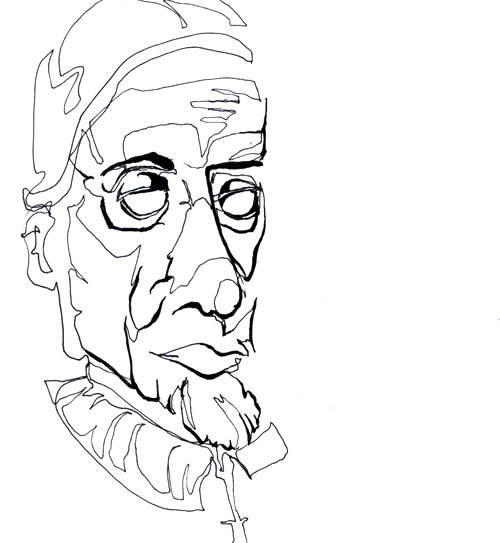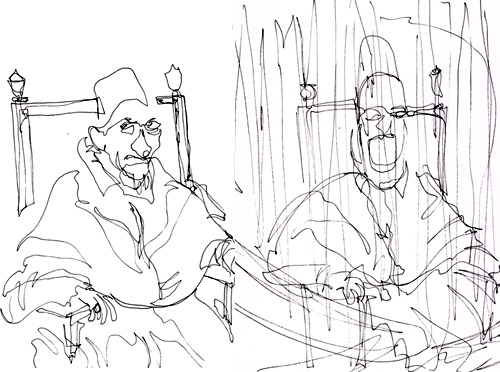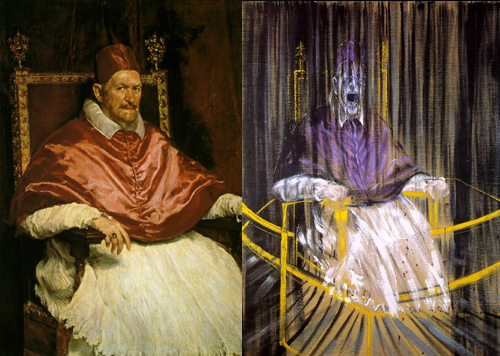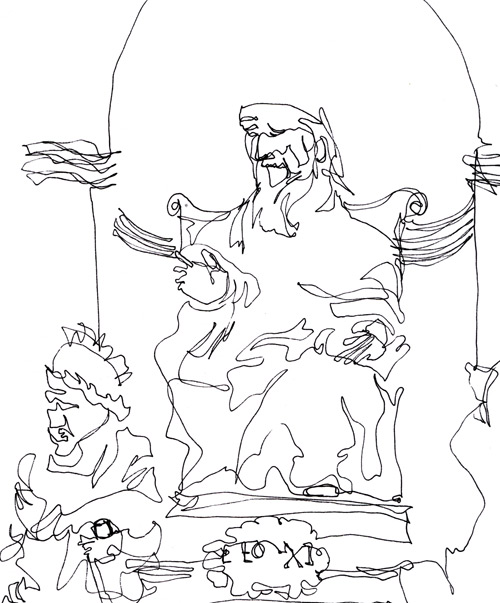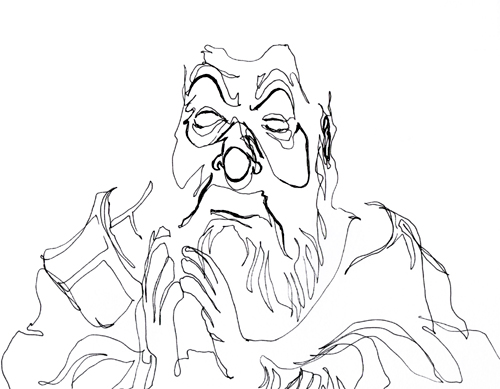Two Hundred Fifty-first Pope: Pius VII - 1 comments

Pius VII also had a long reign, from 1800 to 1823. He supported the growing trend of democratic government (he once said in a homily, "Be good Catholics and you will be good democrats.")
His predecessor (Pius VI) died effectively as a prisoner of Napoleon, and so the beginning of his reign was strange. The French had seized the papal tiara, and so Pius was crowned with a papier mache version.
Pius spent his reign in a continuous kind of shaky diplomacy with the French. They had all the military power, but knew that they needed religion to keep the common people in line. The French managed to keep Pius in line with a combination of threats, bribes, and kidnappings (really! They even kept a canon aimed at his bedroom window).


